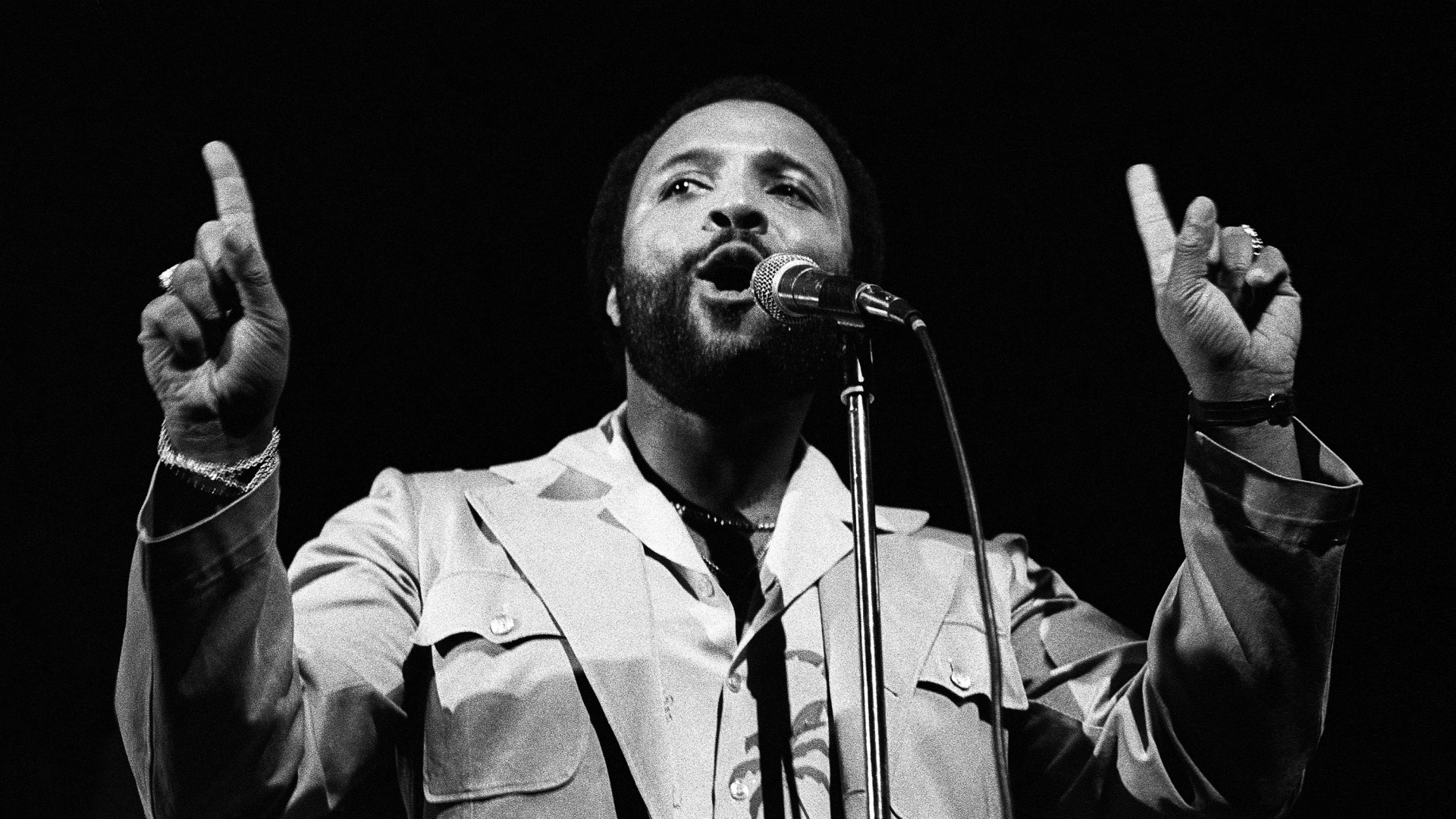This month marks ten years since the death of singer, songwriter, and pastor Andraé Crouch. He was nominated for 20 Grammy Awards, winning 7, and 4 Dove Awards; his musical career produced hits like “The Blood Will Never Lose Its Power” and his all-time smash “My Tribute (To God be the Glory).” From the time he wrote his first gospel song at the age of 14, he’d lead a life that few Black men born in his time could access.
Many gospel and contemporary Christian music artists today recognize Crouch as the father of modern gospel music. When I asked a few to reflect on his legacy, they sang his praises. Kirk Franklin called him “more than a trailblazer. … His music taught me that worship could be boundless, weaving powerful testimony with unmatched artistry.” Amy Grant described Crouch’s music as an “honest, ongoing conversation with God.” Gospel singer Kierra Sheard said, “Crouch showed us artists that we don’t have to dummy down our creativity or revelation.”
But on this anniversary of Crouch’s death, I’m not just thinking about his impact on the music industry—his work with artists like Stevie Wonder, Madonna, Elvis Presley, and Michael Jackson; his composition for The Color Purple; his arrangements for The Lion King. I’m also thinking about what his legacy has meant to me.
For the first eight years of my life, I grew up in the Greek Orthodox Church, and I can’t remember much music being part of my routine as an altar boy. When my mom made the decision that my sister and I would start attending the big Baptist church down the street, I noticed the songs right away.
One Sunday, Andraé Crouch came to perform, belting out “My Tribute” from a baby grand piano on a platform. As a Black boy in a mostly white church, seeing a person who looked like me was rare. His performance resonated with the audience—and with me. Though I still can’t carry a tune, this was the beginning of my love for worship music.
Crouch was deeply formed by the Black church. His father led a Church of God in Christ congregation, which Crouch’s twin, Sandra, a gospel great in her own right, ultimately took over.
But his music wasn’t just for Black people; it was for all people. I didn’t realize it at the time, but Crouch was breaking barriers by being on the stage at First Baptist Orlando. He helped open the door for others who looked like him to be on the stage.
My family would end up joining First Baptist; in fact, my mom has been a member there for the past 42 years, and it’s now one of the most diverse churches in the country. (She recently told me she wants “The Blood Will Never Lose Its Power” sung at her funeral, when it’s time for her to go home to heaven.)
Last week, on a trip back to Orlando, I walked through the halls of church, recalling some of the places where God has showed up in my life. One of those places was the youth choir room, singing “Jesus Is the Answer” as a middle schooler just trying to fit in. My favorite Crouch song has kept me from sin; it has come to mind when I’ve wanted to go astray. “Jesus Is the Answer” is still my anchor in a world that feels even darker than it was when I was 13.
I’m connected to Andraé Crouch not only through his music but also through a particular believer whose life he impacted. It turns out that my youth worship pastor at First Baptist, Byron Cutrer, had spent some time with Crouch in college, watching him write rhymes on a legal pad as he crafted his songs. As my worship pastor struggled to discern next steps as a student confused about what was next, Crouch offered encouragement: “Be who God wants you to be, and you will do what God wants you to do.”
This quote is now on my wall. Crouch’s ministry flowed through my pastor and in turn flowed through me, teaching me how to worship God. So it is in the church: Legacy is never just Grammys or Dove Awards, public accolades and successes. It’s the quiet work of believers building up fellow believers, words of encouragement and comfort, daily witness.
As we reflect on Crouch’s legacy, I believe that he took his own advice; he was who God wanted him to be. He did what God wanted him to do, paying tribute to the one he knew he was singing to.
Maina Mwaura is a journalist and the author of The Influential Mentor: How The Life and Legacy of Howard Hendricks Equipped and Inspired a Generation of Leaders.
















